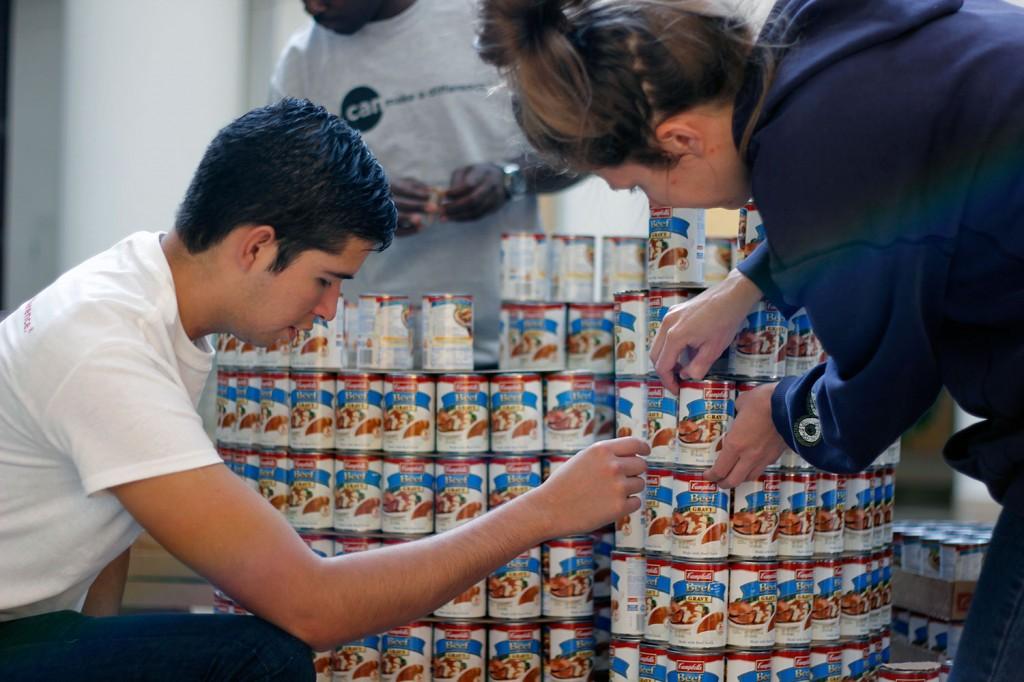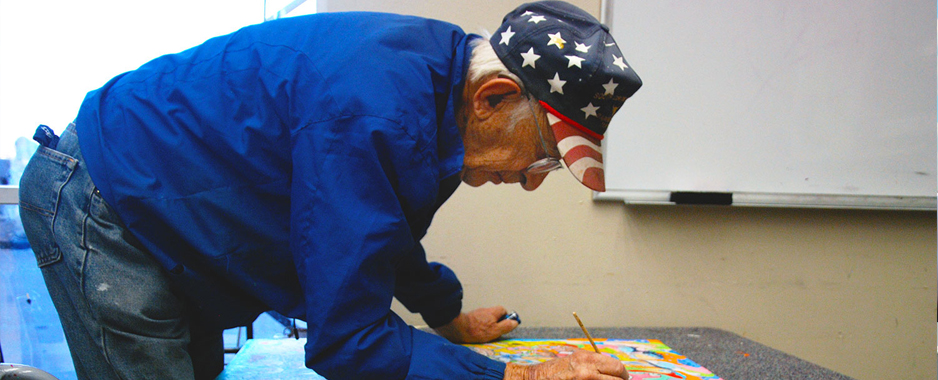Viewpoint by Sandy Hill/reporter
It’s been said if you have food in your refrigerator, clothes on your back, a roof over your head and a place to sleep, you are richer than 75 percent of the people in the world.
I’m no Angelina Jolie, whose humanitarian efforts have been touted across the globe. I’m just an average, ordinary citizen who lives comfortably with no complaints and whose needs have been more than met.
But I am disturbed by poverty.
Disturbed is a term most often associated with mental illness and instability. But it also defines someone who is troubled.
Although poverty troubles me on many levels, like most, I feel helpless to make a difference. What can one person do?
The gravity of suffering that exists around the world seems more than I can wrap my mind around most of the time. But hiding my eyes and sticking my head in the sand won’t make it disappear.
The sad thing is that many of us have abundantly more than we need, and yet, we still feel entitled to so much more. According to globalissues.org, almost half the world lives on $2.50 a day.
The truth is if you live in America, you are still wealthier than a majority of people on the planet. Regardless of your situation, there’s always room for gratitude.
The question is: Do we truly see the world in which we live and all its suffering and feel compelled to do something about it? Or do we live our lives centered only on ourselves, seeking only our own comfort?
My daughter recently went to Africa to volunteer at an orphanage in Ghana. She wanted to see firsthand what it was like to be truly poor. She fought back tears as she described the living conditions there and how little the children had to call their own. Yet these children still walk around with smiles on their faces and joy and laughter in their hearts not even knowing what they’re missing.
Wess Stafford, former president of Compassion International, a child-sponsorship program dedicated to helping children living in poverty, recently spoke on what others see as an overwhelming and insurmountable problem.
“We get overwhelmed by the statistics and become paralyzed,” he said.
“And the worst thing you can do is do nothing. Maybe you can’t change the whole world, but you could change the whole world for one child. Take poverty down to a bite-size level. Start with that one child.”























